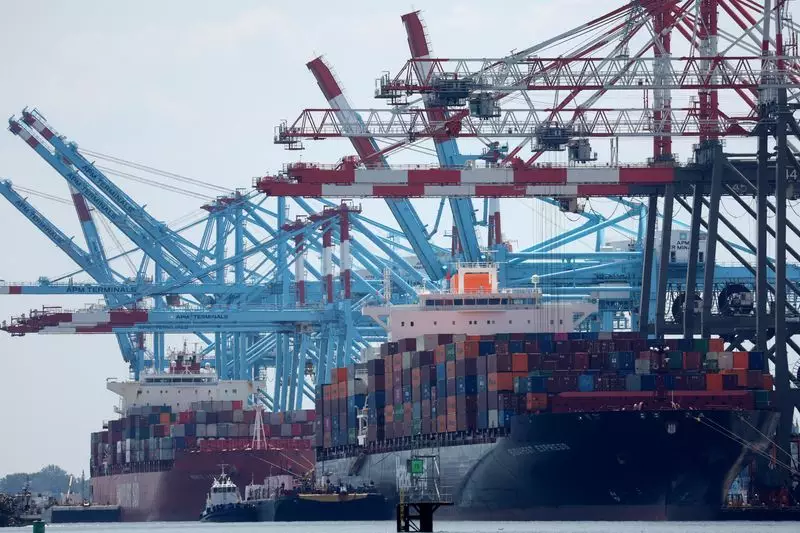The Biden administration’s recent decision to tighten regulations surrounding the de minimis import threshold has significant implications for the e-commerce landscape in the United States. The de minimis rule, which allows for duty-free importation of goods valued at $800 or less, has been a boon for many international companies, particularly those operating in the digital space. However, this scheme is now under scrutiny, with the government aiming to close what it perceives as a loophole that has facilitated the smuggling of not just legitimate goods, but also harmful substances like fentanyl.
Included in the administration’s crosshairs are prominent e-commerce platforms like Shein and Temu, which have capitalized on the ability to send vast amounts of low-value packages into the United States without incurring customs duties. By imposing additional restrictions, the government is essentially reining in the competitive advantage these companies have enjoyed. This could alter the dynamics of international trade significantly, particularly for retailers who have relied on these newly complicated trade routes.
While the government’s rationale is to enhance domestic safety and customs efficiency, there’s an underlying concern that this move may stifle innovation and growth within the e-commerce sector. Smaller businesses that might not have the resources to navigate these new complexities could find themselves at a disadvantage, leading to fewer options for consumers in the long run.
The proposed regulations will not only restrict exemptions for certain types of goods, primarily those subject to Section 301 tariffs—affecting many products imported from China—but also enforce stricter compliance measures. E-commerce businesses will now be required to include specific Harmonized Tariff Schedule classifications to their packages, a process that could create additional administrative burdens and increase shipping times. Ultimately, while these rules aim to bolster customs enforcement by providing clearer categorizations for packages, they bring a new layer of complexity to an already tangled landscape of international shipping.
Critics argue that this approach may be overly reactionary. The administration’s fixation on countering what it characterizes as unfair trading practices overlooks the broader benefits of a flourishing e-commerce ecosystem. While protecting American businesses is undeniably important, the pathway to achieving this goal should not involve alienating potential partners and customers in the international marketplace. Moreover, this restriction may drive consumers toward less transparent sources for purchasing goods, thereby creating new risks for American safety and consumer rights.
The Biden administration’s recent proposals to curtail the de minimis import exemption reflect the intricacies involved in modern trade policy. The effort to protect American industries and public welfare—especially in light of trade laws and safety concerns—is commendable, but the implementation of these new rules also raises profound questions about fairness and accessibility for e-commerce businesses. Balancing rigorous customs enforcement with fostering a competitive marketplace will be vital as the administration moves forward with these regulatory changes. The outcome of this policy shift will undoubtedly shape the future of e-commerce in America, but potential repercussions for both consumers and businesses remain to be fully understood.

